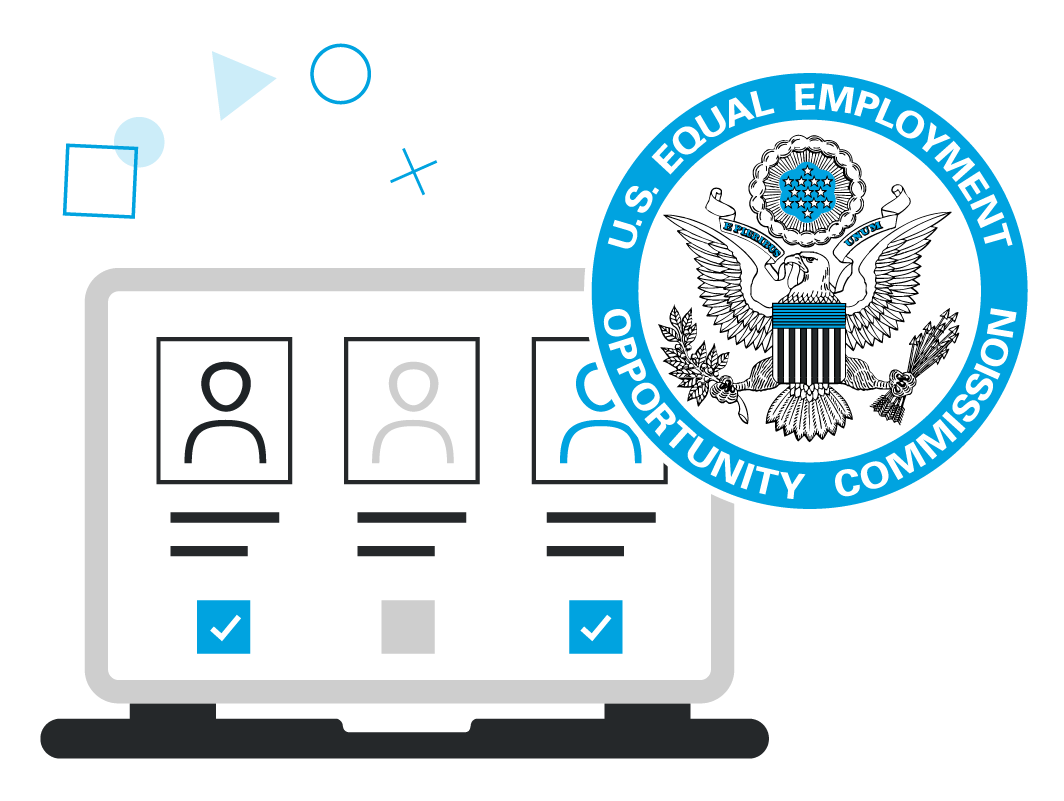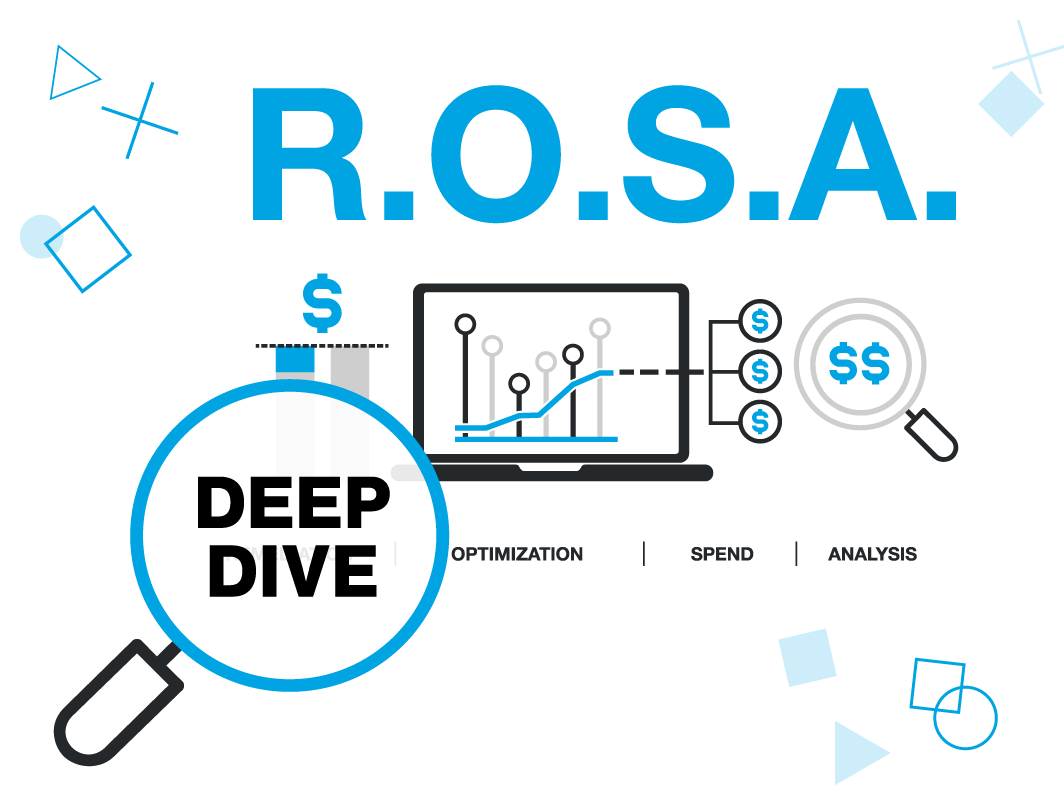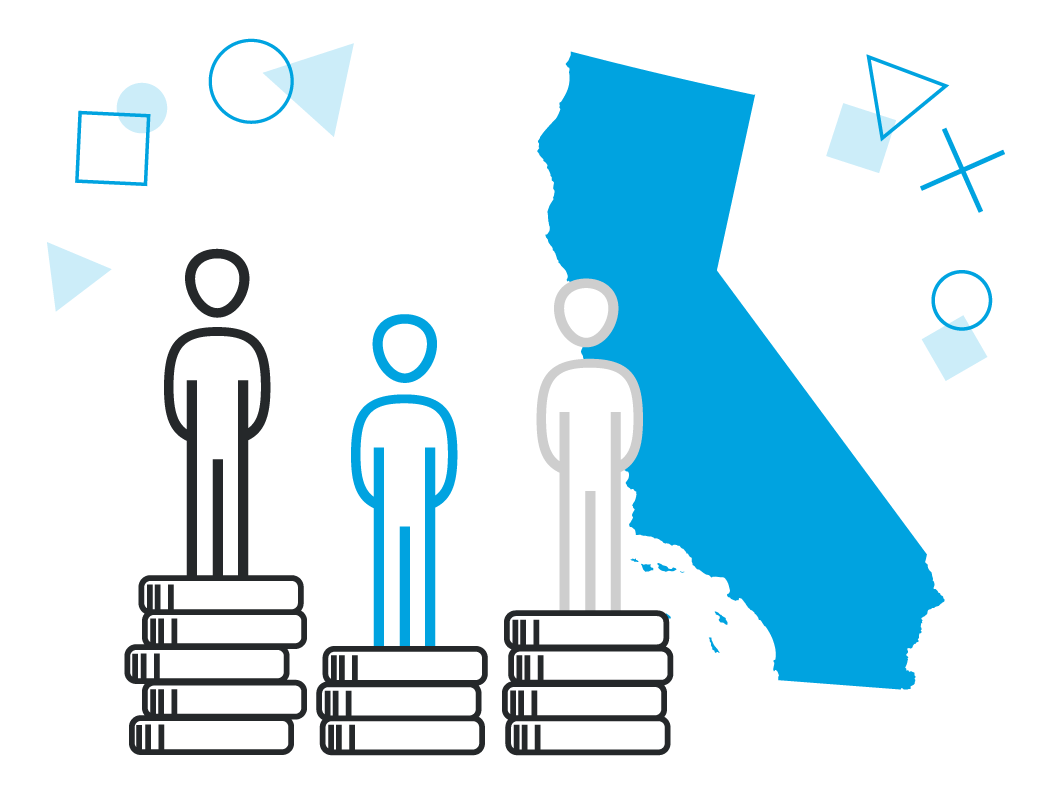
![]()
Facebook recently announced that employees who expect to work from home for the long term will receive localized pay adjustments based on where they choose to live, according to reporting from USA Today. TechCrunch added these additional details from Facebook CEO Mark Zuckerberg:
“We’ll localize everybody’s comp on January 1,” Zuckerberg said. “They can do whatever they want through the rest of the year, but by the end of the year they should either come back to the Bay Area or they need to tell us where they are.”
On the surface, this may make sense—there are many areas with lower costs of living than Menlo Park, CA, where the Social Network has its headquarters. Perhaps companies feel they should not pay a premium for where it has a brick and mortar location versus where its employees reside. But this begs the question of how to calculate localized pay—without creating legal pitfalls.
For example, under California’s Equal Pay Act, employees can be compared even if they do not work at the same establishment. This means that one worker’s compensation may be compared to other employees who work hundreds of miles apart. While setting compensation based on geographic differences may be a “bona fide factor,” or defensible, on equal pay grounds, at least according to a letter from the law’s author, this may not be enough to avoid liability. Under the California law an employer must also demonstrate that compensation is:
- not based on or derived from a sex-, race-, or ethnicity-based factor;
- job related; and
- consistent with a business necessity.
Companies should consider a pay equity audit with a vendor that fully accounts for geography in its analysis, such as by incorporating workforce data developed by the U.S. Census Bureau. A pay equity audit can be conducted under the attorney-client privilege using a combination of gender pay gap software and expertise in pay equity regulations and statistical models. However the analysis is conducted, employers should keep in mind the Triangle of TrustSM: trust in data, trust in software and trust in regulatory expertise. Click here to find out more about how Trusaic can help your organization achieve its pay equity goals.



